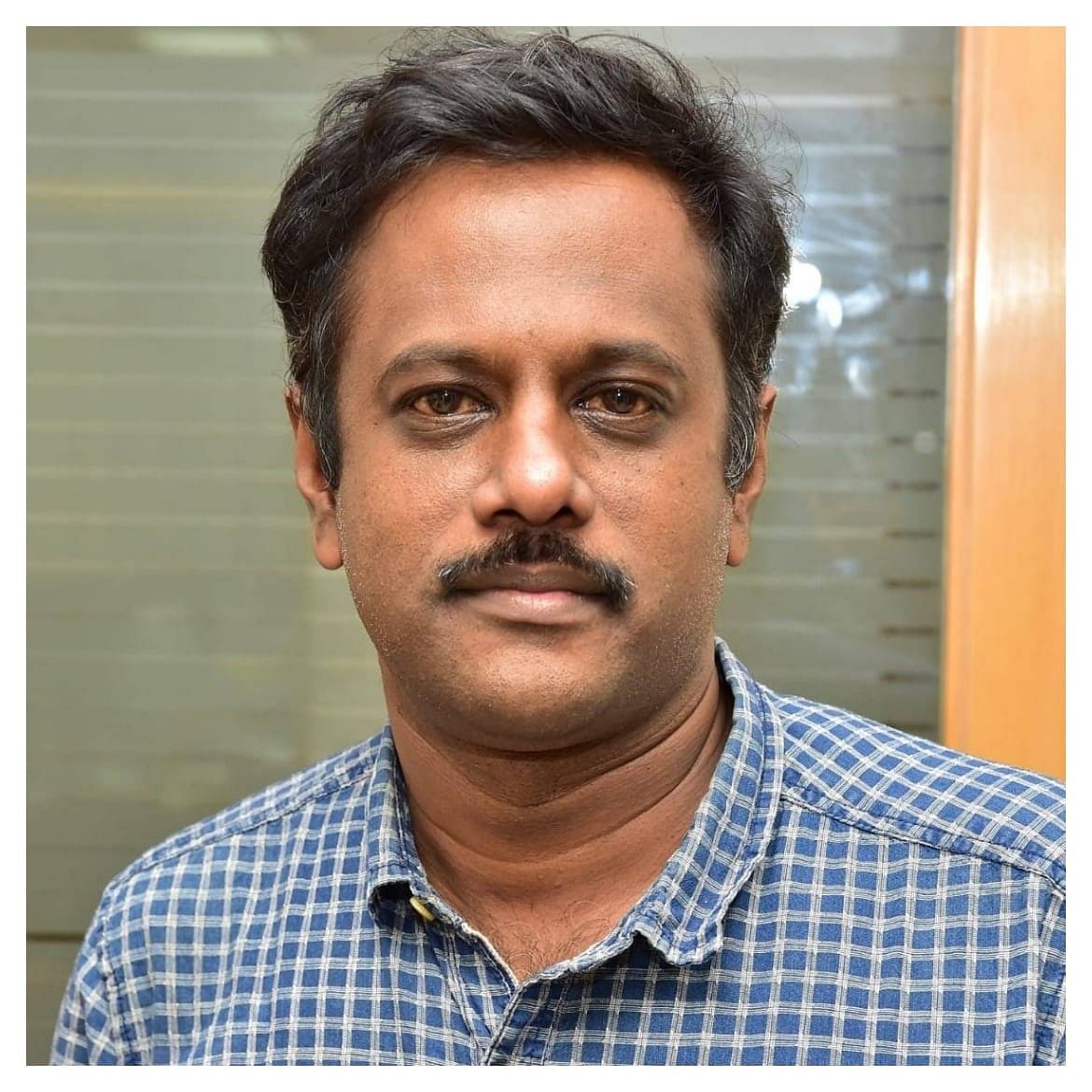Centre asks States, HCs to sensitise police, judiciary on human trafficking
In order to equip officials in police and judiciary among others to tackle human trafficking, the Ministry of Home Affairs (MHA) has asked States and High Courts to organise conferences to sensitise them on the issue and offered a financial assistance of Rs 2 lakh each for such initiatives.
In letters to States and High Courts, the MHA said that state-level conferences and judicial colloquiums are necessary to sensitise law enforcement agencies and other stakeholders on various issues related to human trafficking on a regular basis.
The 'Crime in India 2020' report by the National Crimes Record Bureau showed that the conviction rate in human trafficking case was just 10.6 per cent – 49 cases (101 people convicted) saw conviction in 2020 as against 414 cases (715 acquitted or discharged) ended up in acquittals or discharge.
The letter said that the objective is to sensitise officials of police, labour, social justice and women and child development departments of states as well as judicial officers on latest laws, rules and modus operandi which the traffickers are using to lure victims.
In this regard, the MHA is offering States Rs 2 lakh each for organising state-level conferences and Rs 2 lakh each for High Courts to conduct judicial colloquiums.
The letter noted that the result of globalisation has increased the movement of people in search for better opportunities, which often makes them victims of trafficking and leads to their exploitation, which can be in forms of labour, prostitution, forced marriages, domestic servitude, begging, organ trading, drug couriers and arms smuggling, among others.
It said that trafficking victims endure extreme hardship like physical violence, sexual abuse, harassment, threat and coercion and some of them lose their lives at the hands of “ruthless traffickers” who exploit their vulnerabilities.
Emphasising that human trafficking has both national as well as international ramifications, the letter said that its complex nature calls for a multi-dimensional strategy in tackling it at domestic, regional and international level. “Strengthening cooperation and establishing inter-state channels of communication…and with neighbouring countries, etc. can be an effective tool in countering trafficking,” the MHA said.
Identifying the need for conferences to equip officials to tackle the menace, the letter said the government has identified lack of awareness, lack of training of concerned officers, failure to register cases under relevant laws and ineffective investigation as impediments in fighting human trafficking in the past.
The MHA is of the view that regular exchange of information through designated focal points, sensitisation of police officers, judicial officers, border guarding officials, partnership with civil society organisations, organising capacity-building programmes of concerned officials, monitoring activities of private placement agencies and travel agents, among others and by disseminating information to vulnerable sections may be of help to a large extent.
Earlier, the MHA had asked States to immediately set up specialised task forces at state-level and at all districts, and mandate women help desks in police stations to deal with such cases in its bid to intensify the efforts to effectively tackle human trafficking.
It wanted a three-tier mechanism at state, district and police station-level to tackle the menace in a "comprehensive and full-bodied manner". The state-level Anti Human Trafficking Bureau (AHTB) should be set up under an Additional Director General of Police "to oversee and coordinate" all trafficking related issues within the state and for coordination with other states and union territories, the MHA had said.
The MHA also wanted States to provide extensive training to police personnel at state border outposts to spot victims and involve panchayats in identifying children vulnerable to criminal gangs, fearing that the economic strain unleashed by the Covid-19 could lead to increased human trafficking.
It had also then asked the States to evolve a coordination mechanism involving various arms of the administration like the police, labour department, women and child development department, railways and border guarding forces like the BSF and the SSB to prevent the criminals from taking advantage of the situation.
According to the MHA, police should develop specific intelligence and surveillance mechanisms to identify gangs and gather information about their history, affiliations and modus operandi. Police should also be trained in identifying children in distress, watching out for suspicious persons and keeping a vigil at transit points like railway stations, bus depots, airports and border areas to identify vulnerable population.
Personnel deployed on the state border outposts should be trained to look out for trafficked children. They should question and detect unaccompanied children or accompanying adults with suspicious behaviour during checking.
Law enforcement agencies should engage with local panchayats and community leaders and Resident Welfare Associations among others so that they get involved with the administration in identification, tracing and recovery of missing and trafficked persons, the MHA had said.
Traffickers often exploit the vulnerabilities of people by making false promises of new jobs, better income and better living conditions. Children and youth are more likely to be persuaded or tricked by criminals who take advantage of their "emotional instability and missing support system", it had added.
